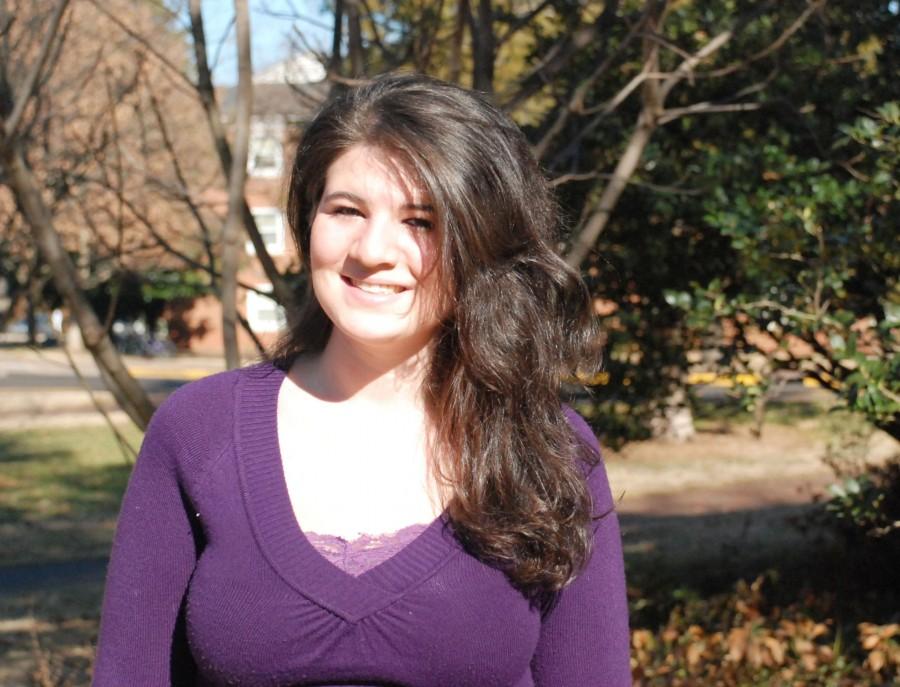My kindergarten teacher made me a partisan.
During the 1996 president election, she handed out a picture of the White House to all of her students. The picture had a little box in the middle, and the teacher explained that we were to glue the picture of the presidential candidate we supported on to it. We had two options, Bill Clinton, the Democratic candidate, or Bob Dole, the Republican candidate.
I was six years old I didn’t know anything about politics. I knew whom my parents were voting for, so without hesitation, I picked Clinton.
Later on in high school, during the 2008 election, some of my friends were of age to vote. A few of them decided they were not going to vote, because they did not like either candidate.
Many young adults are constrained by these ideas we are taught in elementary school. We don’t stop to think that there are other options.
But there are other options.
According to Politics Daily, an estimated 37 percent of Americans identify themselves as independent or unaffiliated. This is a larger percent than Americans that affiliate with the two major political parties, the Democrats with 34 percent and the Republicans with 28 percent.
The North Carolina Independents is a leadership body of unaffiliated voters in North Carolina that are working with other groups of like-minded independents. They are trying to press for Congress to hold hearings on the second-class status of independent voters. People who belong to the Republican and Democratic parties do not realize the privilege they have compared to Independents.
“In the United States, if you are a member of a major political party, the Democratic or Republican Party, you are given tremendous advantages in the electoral system,” said Dr. Omar H. Ali, an historian, independent political analyst, and associate professor of African American studies at the University of North Carolina at Greensboro.
“You have election bodies that are overseeing elections that are made up of Democrats and Republicans, redistricting done by partisan terms as opposed to non-partisan terms,” said Ali.
Many Americans feel as though the two major political parties do not fully represent their views, which is problematic. People focus so much on the labels of the political parties and not on the underlying issues.
“Especially in these hyper-partisan times, everything is either this or that,” said Ali. “And it is to the benefit of the major parties to make the conversation either this or that, but that’s not how life is and most people have mixed views on things. People have a whole range, sort of more nuanced understandings of any policy. Take education or foreign policy, women’s rights, to life or to abort; these things have a lot of grey room and, in some ways, the two major parties don’t make it possible for people to have a conversation.”
It seems as though blame and labeling take precedence in our government, rather than working together to find the best solution, to benefit the greater good of the country. Is our government really doing its job with the amount of people who are unsatisfied with the current circumstances?
Independents are the light in the grey area of our chaotic political system.

